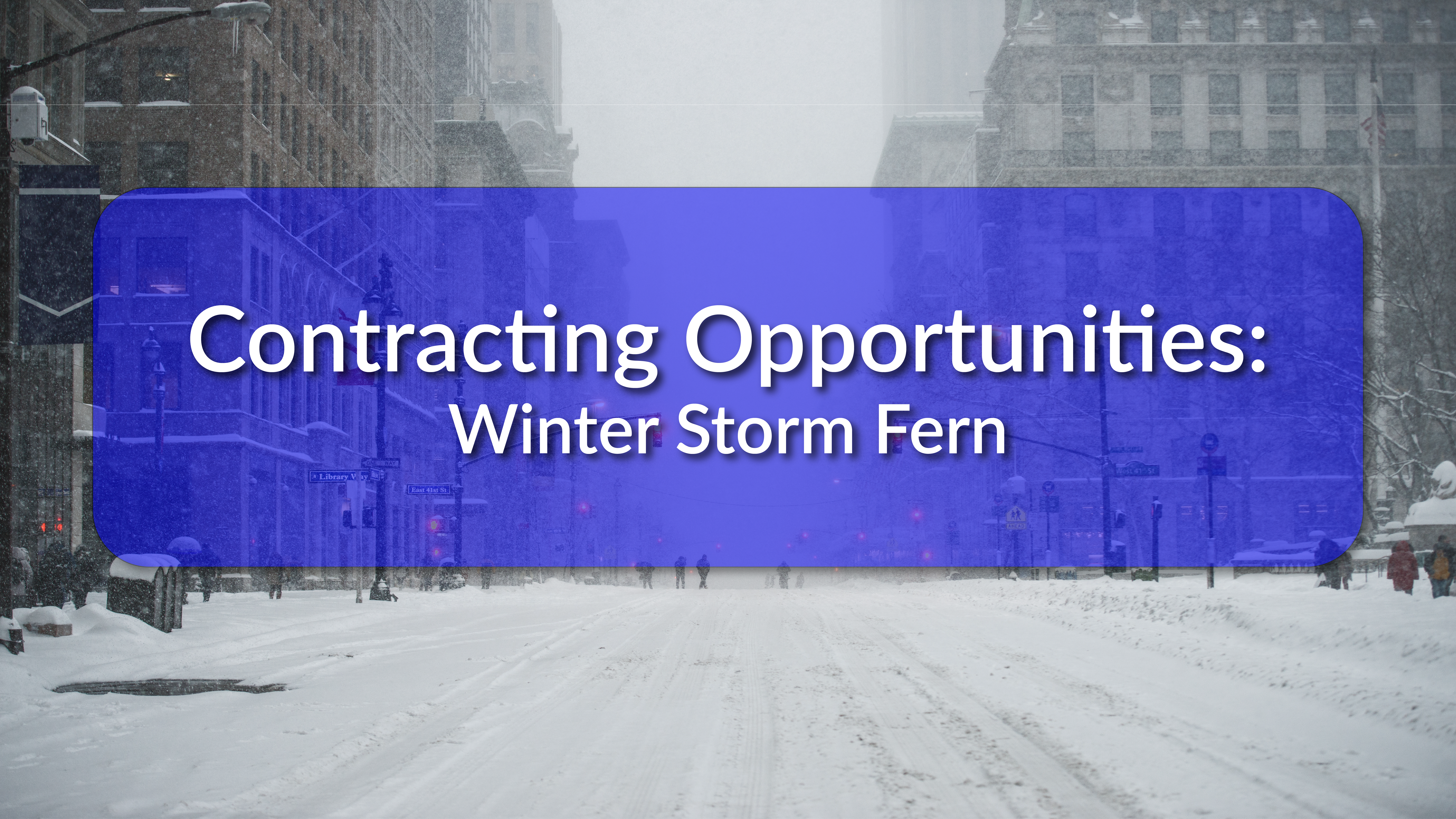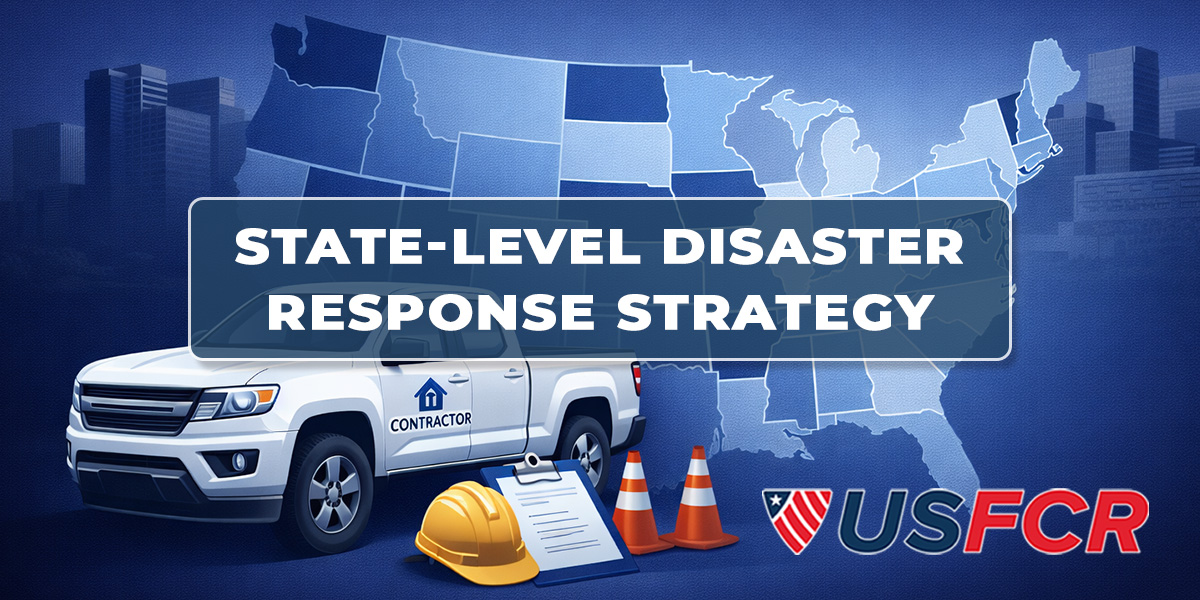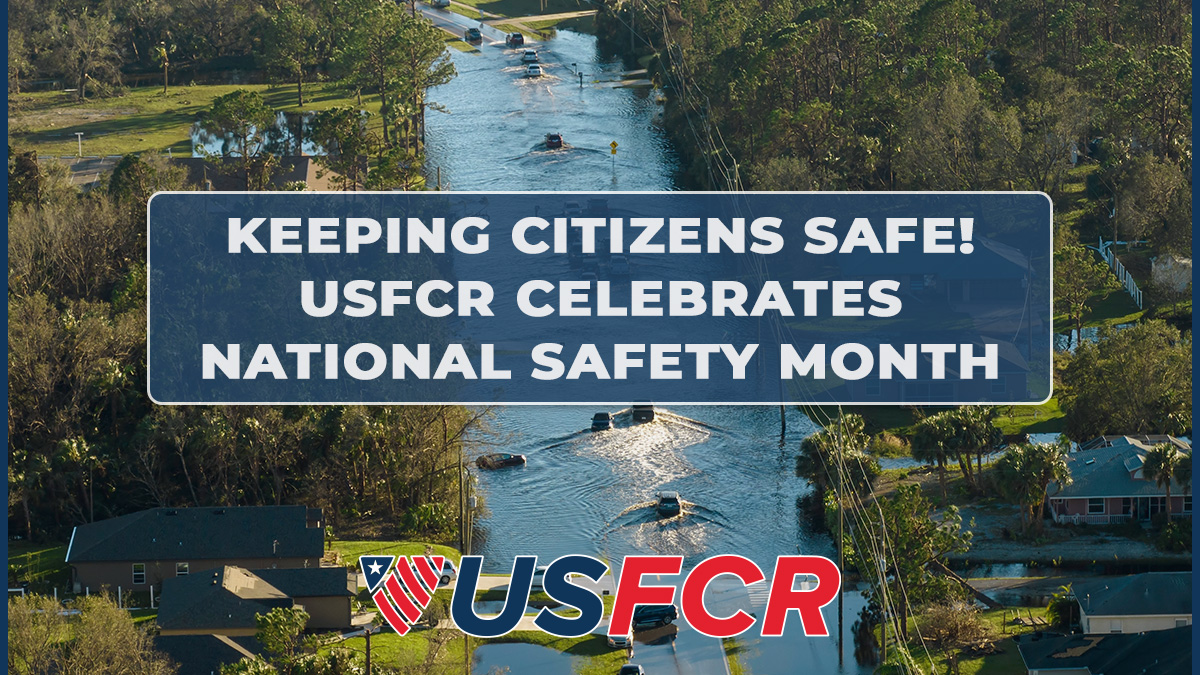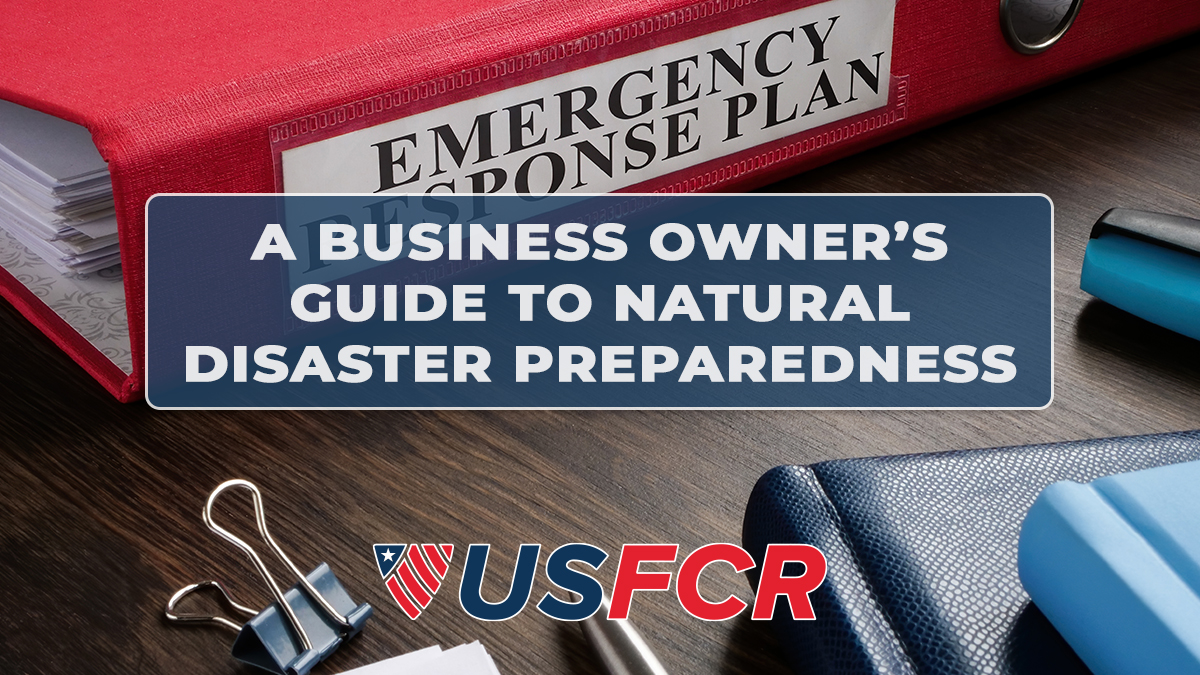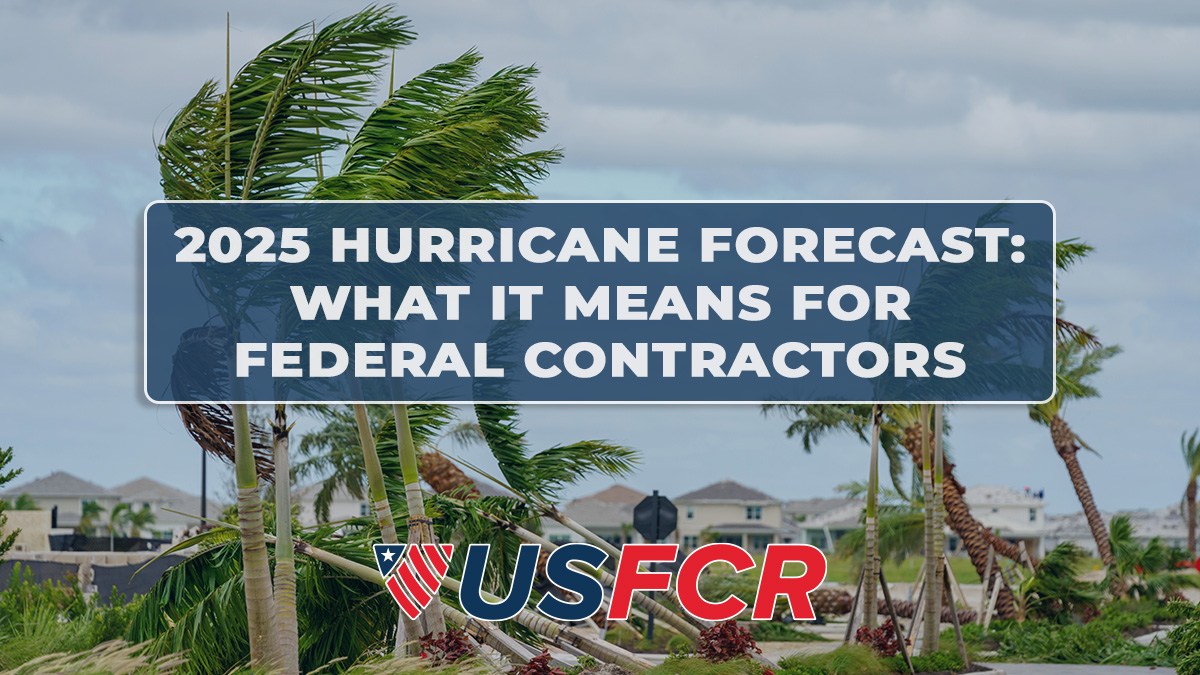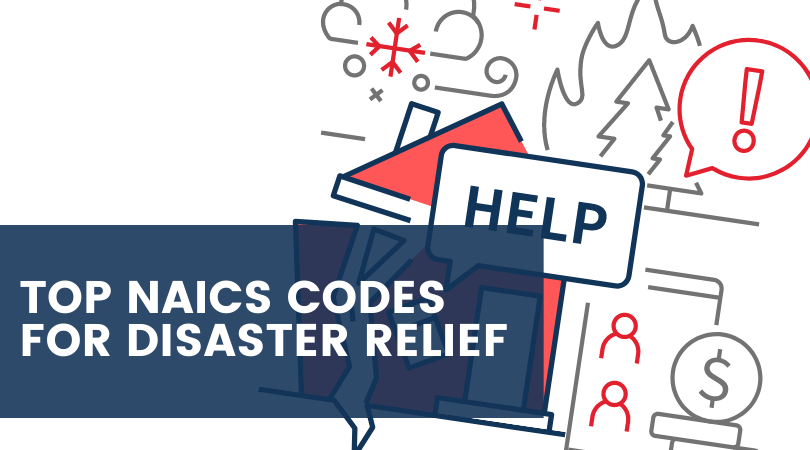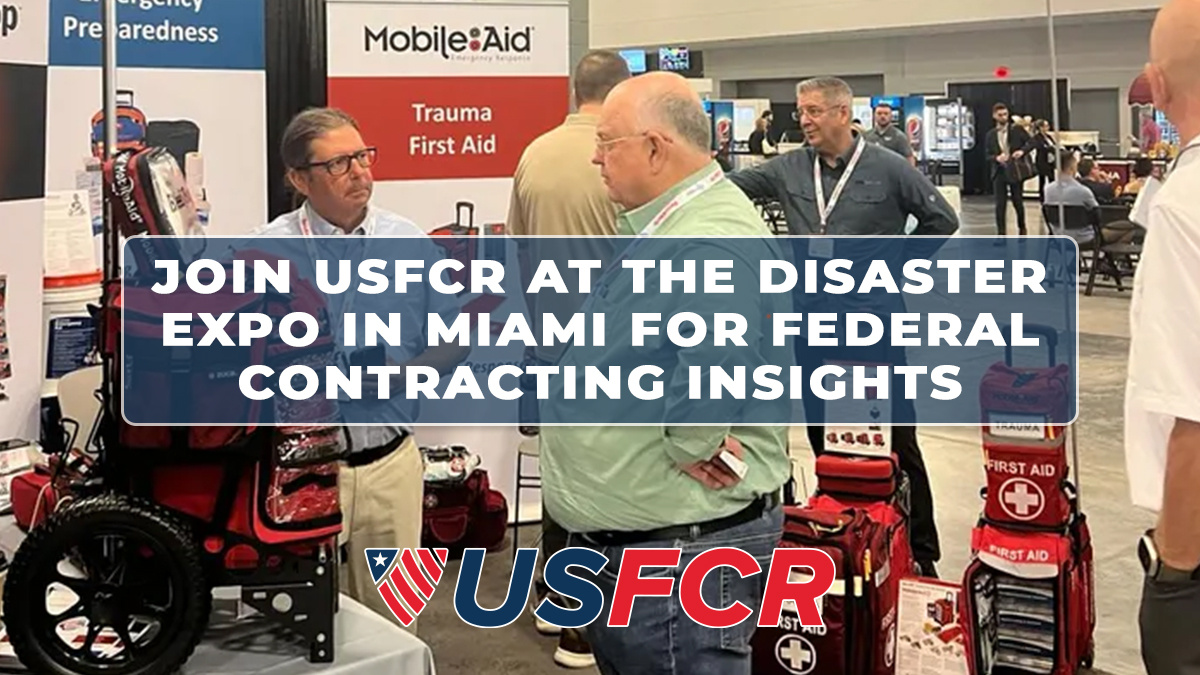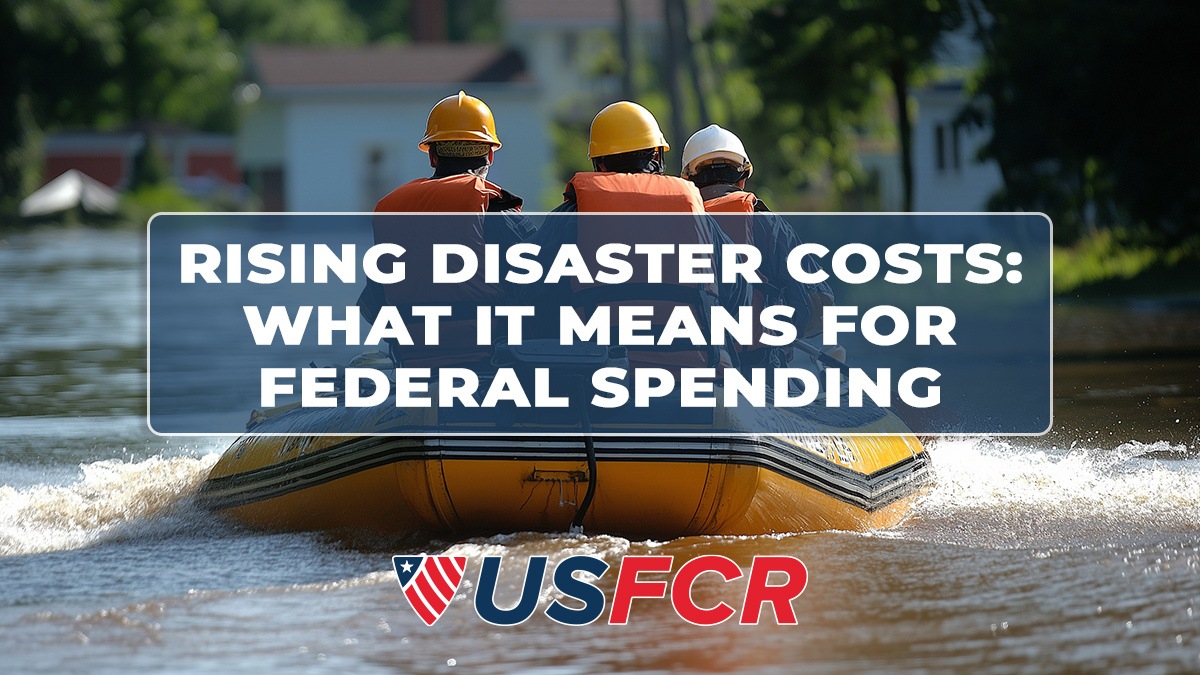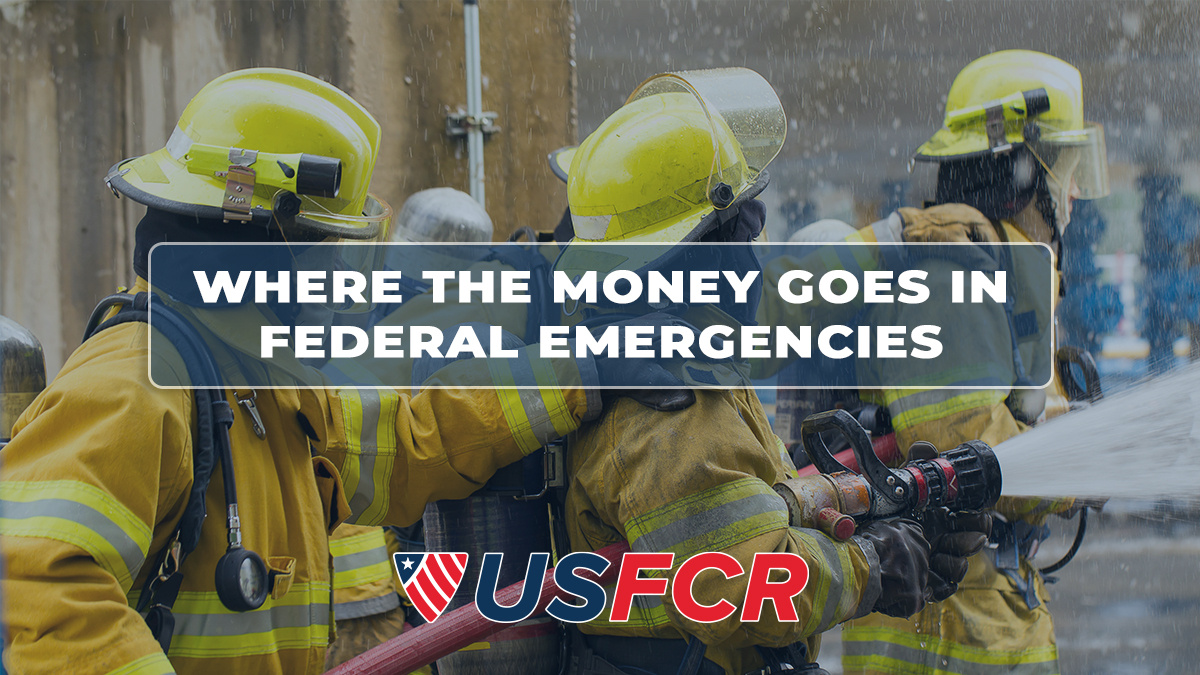Winter Storm Fern isn’t just a weather story. It’s a continuity-of-operations mission.
Contracting Opportunities From Winter Storm Fern (January 2026)
Jan 26, 2026 12:37:24 PM / by Kyle Hayes posted in Guides, News, Disaster Relief
State-Level Disaster Response Strategy
Jan 5, 2026 9:00:03 AM / by USFCR posted in News, Disaster Relief
Large architecture, engineering, and construction firms are reconsidering whether state-level disaster response contracts are worth the effort. That strategic withdrawal is creating opportunities for small businesses willing to invest in learning fragmented state procurement systems.
The math changed. When disaster response was heavily federal, big primes could pursue one massive FEMA contract and scale across multiple events. State-managed response means chasing different systems, different relationships, and different requirements in every state. For firms optimized around federal efficiency, that fragmentation destroys their business model.
For regional small businesses, the fragmentation is a competitive advantage. You already know your state. You're already local. You just need to understand how state emergency procurement actually works.
Texas Flooding Disaster Prompts Immediate Federal Contracts
Jul 9, 2025 11:00:00 AM / by USFCR posted in News, Disaster Relief
The Flood That Triggered Federal Action
On July 4, 2025, historic flooding struck Kerr County, Texas, following heavy rainfall that began late the night before. The Guadalupe River rose rapidly, overtaking roads, homes, and critical infrastructure. More than 100 people lost their lives across the region, making it the deadliest flash flood Texas has seen in over 20 years.
Keeping Citizens Safe! USFCR Celebrates National Safety Month
May 29, 2025 8:00:00 AM / by Mari Crocitto posted in Hot Grants, Disaster Relief
As preventable injuries are the third leading cause of death in the United States, June emphasizes the importance of safety and recognizes National Safety Month. [1] To raise awareness, USFCR is currently highlighting opportunities and resources to help businesses, nonprofits, and individuals continue to aid in injury prevention and preparation for potential disasters.
A Business Owner’s Guide to Natural Disaster Preparedness
May 19, 2025 10:00:00 AM / by Daniel Cavins posted in News, Hot Grants, Disaster Relief
Natural disasters are occurring more often than ever, and as a business owner, it’s no longer enough to hope for the best. Being prepared for a natural disaster must be a part of your business strategy. According to a 2025 report by the Congressional Research Service, 40% of small businesses never reopen after a disaster, and another 25% fail within a year.1 It’s a clear reminder that having a plan in place before disaster strikes can mean the difference between recovery and permanent closure. You can’t predict when a weather emergency will occur, but you can make sure your business is ready when it does.
2025 Hurricane Forecast: What It Means for Federal Contractors
May 15, 2025 8:00:00 AM / by USFCR posted in News, Disaster Relief
The 2025 hurricane season isn’t just a headline. For federal contractors, it’s a signal. The latest projections from Colorado State University show an above-average Atlantic season. That means more storms, more landfalls, and more government contracts issued on short notice to businesses that are ready to respond.
If your business can deliver emergency services, housing, cleanup, logistics, or construction, this forecast could shape your next win.
2025 Hurricane Season Outlook
Top 14+ NAICS Codes for Disaster Relief
May 1, 2025 8:00:00 AM / by USFCR posted in Disaster Relief, NAICS
Top 14 NAICS Codes for Disaster Relief Contracts: Get found fast when disaster strikes.
Federal agencies move quickly when responding to hurricanes, wildfires, floods, and other emergencies. That means they rely on businesses that are already properly registered, listed with the right NAICS codes, and ready to act.
Hurricane season officially starts June 1, but it’s already looking like we’re in for an early start this year. That means the window to prepare is closing fast.
FEMA, the Army Corps of Engineers, and the U.S. Forest Service prioritize vendors with pre-approved contracts and complete SAM registrations. FEMA also maintains an ILP Vendor Profile system and uses pre-awarded contracts to speed up procurement. If your business falls under one of the following NAICS codes, you may already be eligible for emergency contracts, but incomplete registrations or mismatched codes can disqualify you.
Disasters Expo USA 2025: Why You Should Attend
Feb 21, 2025 8:00:00 AM / by USFCR posted in News, Disaster Relief, Events
The Disaster Expo USA, March 5 & 6th, is the premier event for professionals in disaster response, emergency preparedness, and resilience planning. Hosted in Miami, this expo gathers industry leaders, government agencies, and businesses specializing in disaster mitigation and recovery solutions. Attendees gain access to cutting-edge innovations, expert discussions, and networking opportunities that shape the future of disaster management.
The Federal Response to Increasing Natural Disasters
Feb 19, 2025 11:14:39 AM / by USFCR posted in News, Disaster Relief
Why Disaster Spending Keeps Increasing
Hurricanes, wildfires, floods, and winter storms are becoming more frequent, intense, and expensive. Climate change is leading to more extreme weather, aging infrastructure struggles to withstand disasters, and population growth in high-risk areas means more damage when disaster strikes.
The numbers don’t lie. In the 1980s, the U.S. spent around $18 billion annually on disaster recovery. By the 2010s, that number had jumped to $81 billion per year—with individual disasters like Hurricane Katrina and Hurricane Harvey surpassing $100 billion each. And the trend isn’t slowing down.
Where Federal Emergency Funds Go and How Businesses Can Benefit
Jan 24, 2025 2:59:20 PM / by USFCR posted in News, Disaster Relief
When disaster strikes, the federal government steps in with massive funding to aid recovery efforts. But where does that money go, and how can businesses benefit from these opportunities? This article breaks down federal spending priorities, highlights which agencies manage funds, and explains how businesses can position themselves to secure emergency-related contracts.
